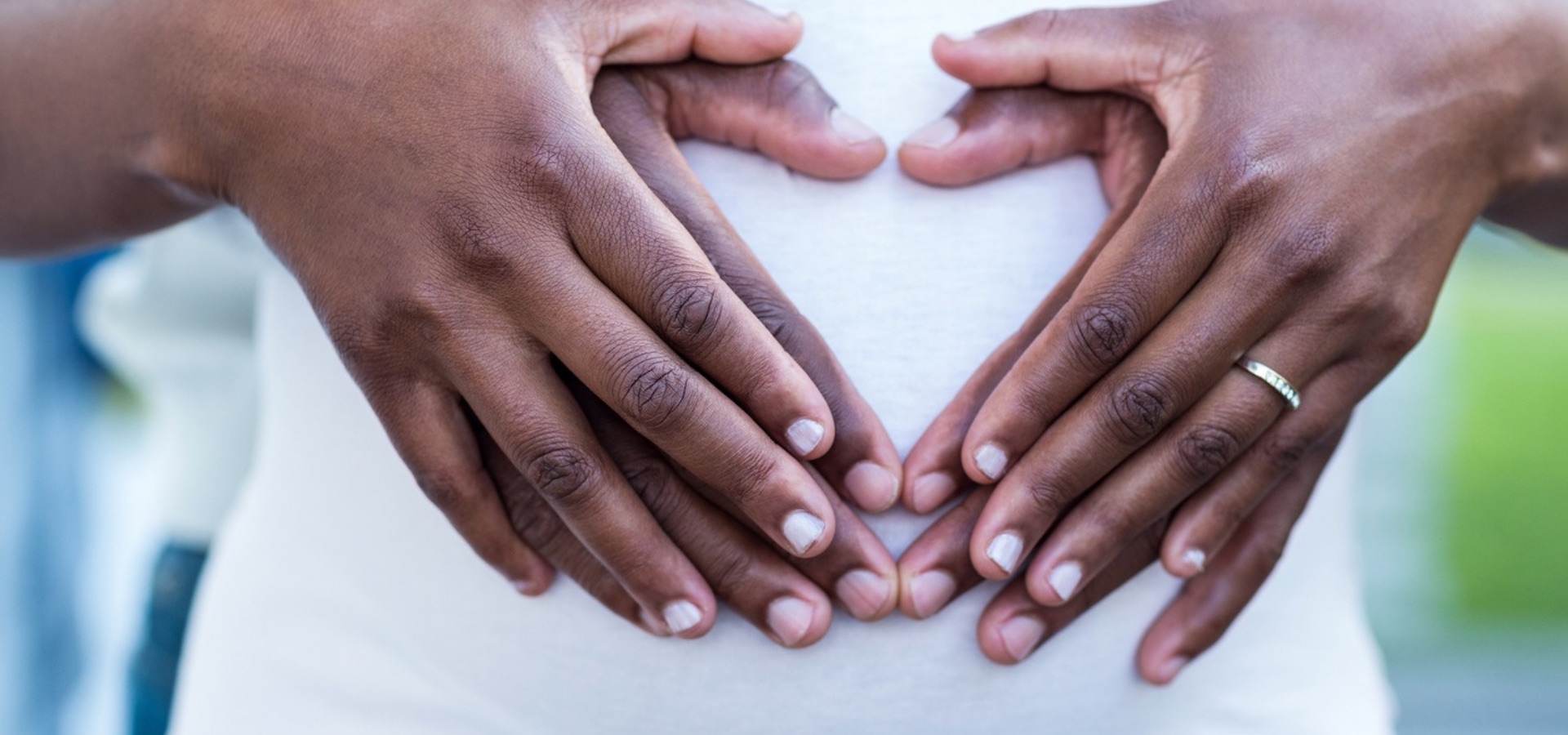A healthy diet is important for everyone, but now you are pregnant, choosing the right food is more important than ever before, as your baby is relying on you to provide all the nutrients they need to grow and develop.
The best way to ensure you and your baby receive the nutrients needed to keep you both healthy is to eat a variety of fresh foods rich in vitamins and minerals. Foods you should try to incorporate into your daily diet include:
- Fresh fruit and vegetables – particularly of the dark green, leafy variety, to ensure a good supply of folic acid
- Lean red meat rich in iron will help prevent anaemia. If you don’t eat meat, choose a fortified breakfast cereal in the morning. If you have a glass of fruit juice with your cereal, the vitamin C in the juice will help your body absorb iron from the cereal
- Wholegrain cereals, granary bread and brown rice are a good source of dietary fibre which will help prevent constipation
- To keep your bones healthy and help your baby build strong bones, eat three servings of dairy foods daily. One serving is equal to 200mls milk, 30g hard cheese and one small pot yogurt
- Oily fish such as salmon, fresh tuna and mackerel are rich in omega-3 fatty acids which are important for development of your baby’s brain and eyes, so aim to eat at least one but no more than two portions a week. Some fish contain high levels of pollutants, so while pregnant avoid eating shark, swordfish and marlin
Did you know?
- Eating for two doesn’t mean eating twice as much. During pregnancy your metabolic rate is reduced and your body becomes more energy efficient. During the first six months, your daily caloric requirement remains much the same as it was before pregnancy, around 2000 calories. In your final trimester it’s increased by 200 calories a day –equivalent to two slices of wholegrain toast with butter or margarine or a banana and a glass of orange juice.
- Morning sickness (or pregnancy sickness) is a common problem, usually during the early stages of pregnancy. Hunger and low blood sugar levels can make morning sickness worse, which explains why it’s common in the morning. The answer is to eat ‘little and often’. Choose plain starchy foods such as bread, toast, breakfast cereals or plain biscuits, as certain smells, including fried and spicy foods can trigger nausea. Some people find that ginger helps – try a ginger biscuit, ginger tea or ginger ale
You can also share your own food and nutrition tips, and read advice from other moms here by visiting Philips AVENT on Facebook www.facebook.com/philipsavent
Click here to follow Philips Avent on Instagram
Philips AVENT is a leader in parenting and baby products.
The range includes breastfeeding, bottle feeding, toddler feeding, baby monitors and newborn gifts.
Philips Avent products are all designed to fit your busy life and make it easier for you to make the best feeding choices.
The range includes breastfeeding, bottle feeding, toddler feeding, baby monitors and newborn gifts.
Philips Avent products are all designed to fit your busy life and make it easier for you to make the best feeding choices.
Latest posts by Philips Avent (see all)
- Affordable ways to maximise your nutrition during pregnancy - April 3, 2024
- How to exercise with baby in tow - November 15, 2023
- Emotional Health during pregnancy - August 17, 2023
Post Views: 31,654





